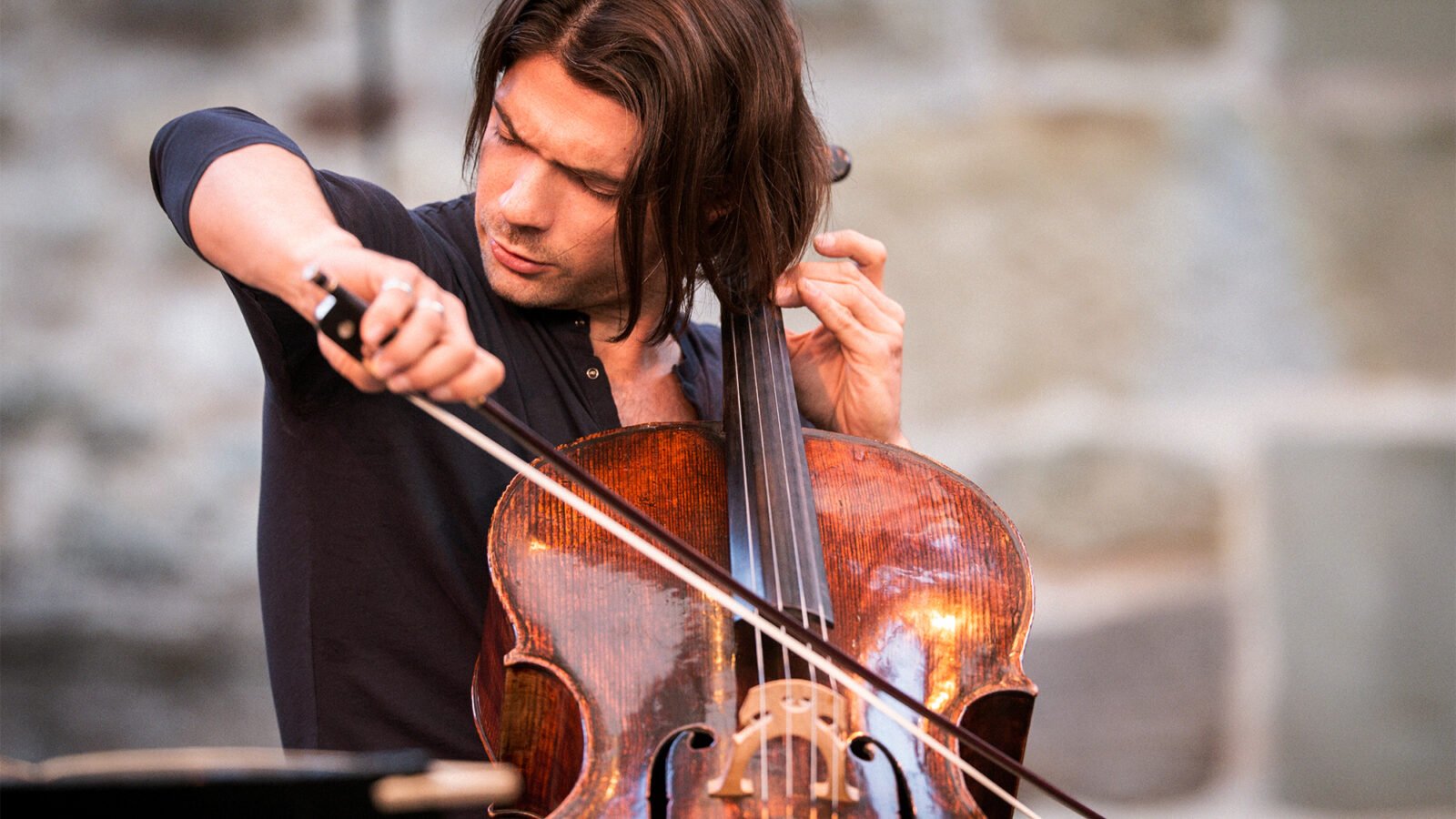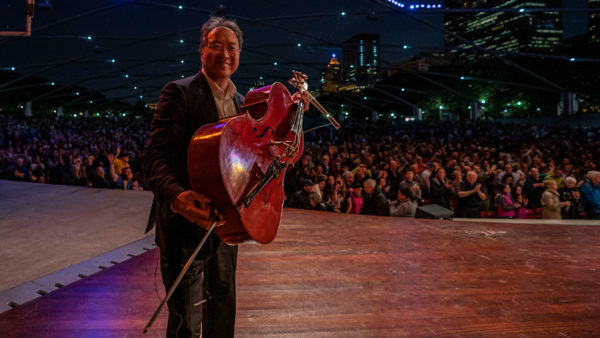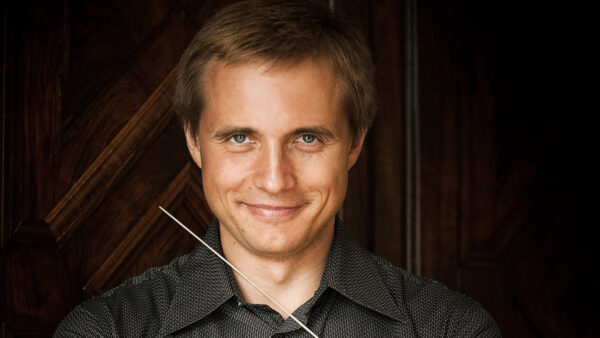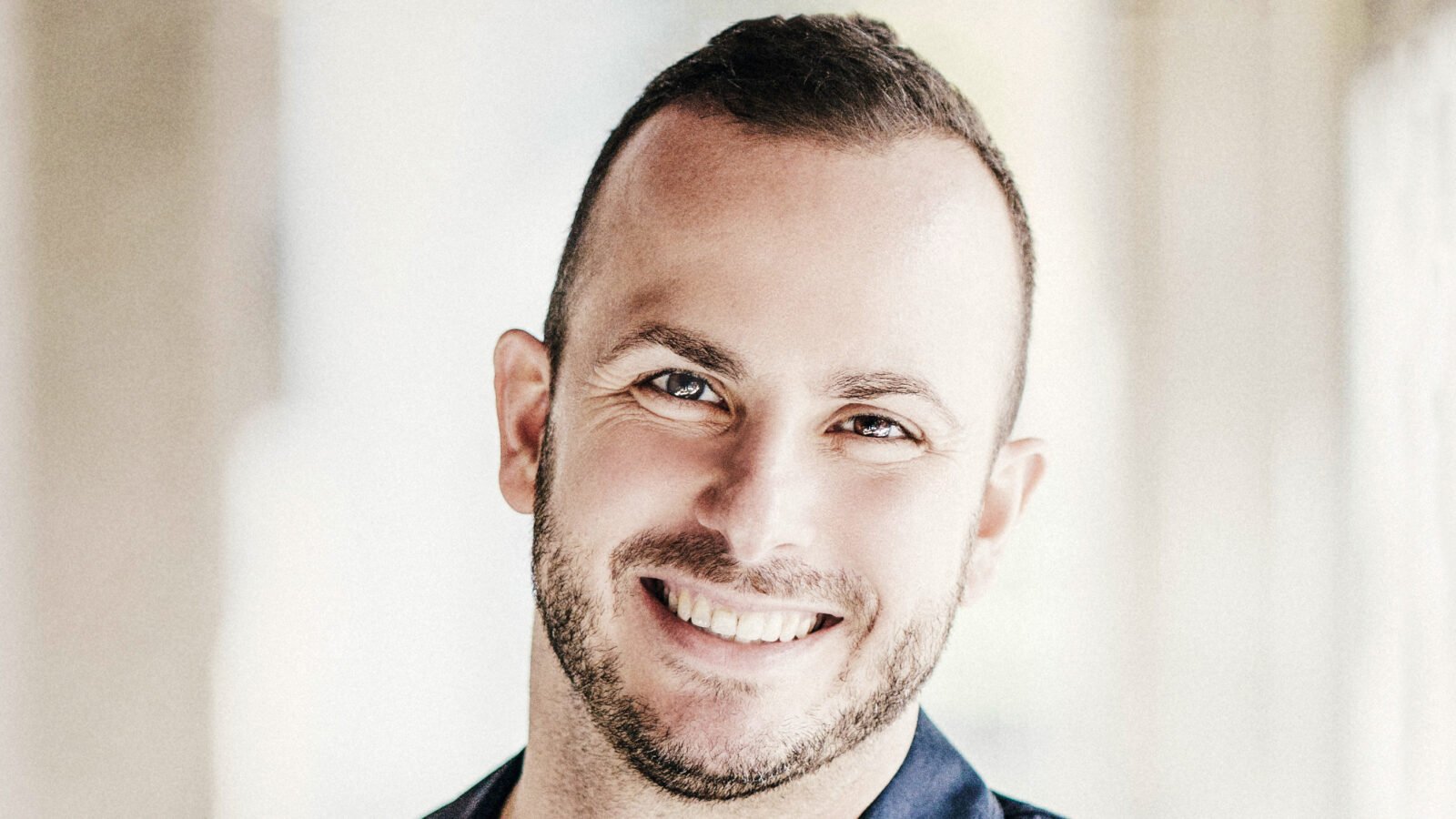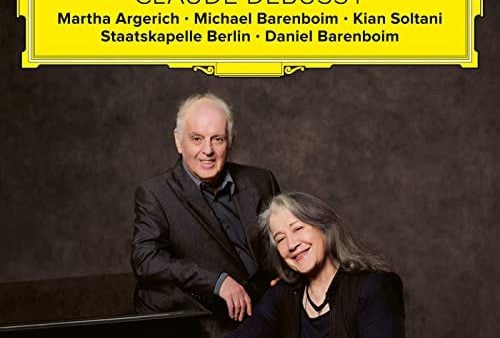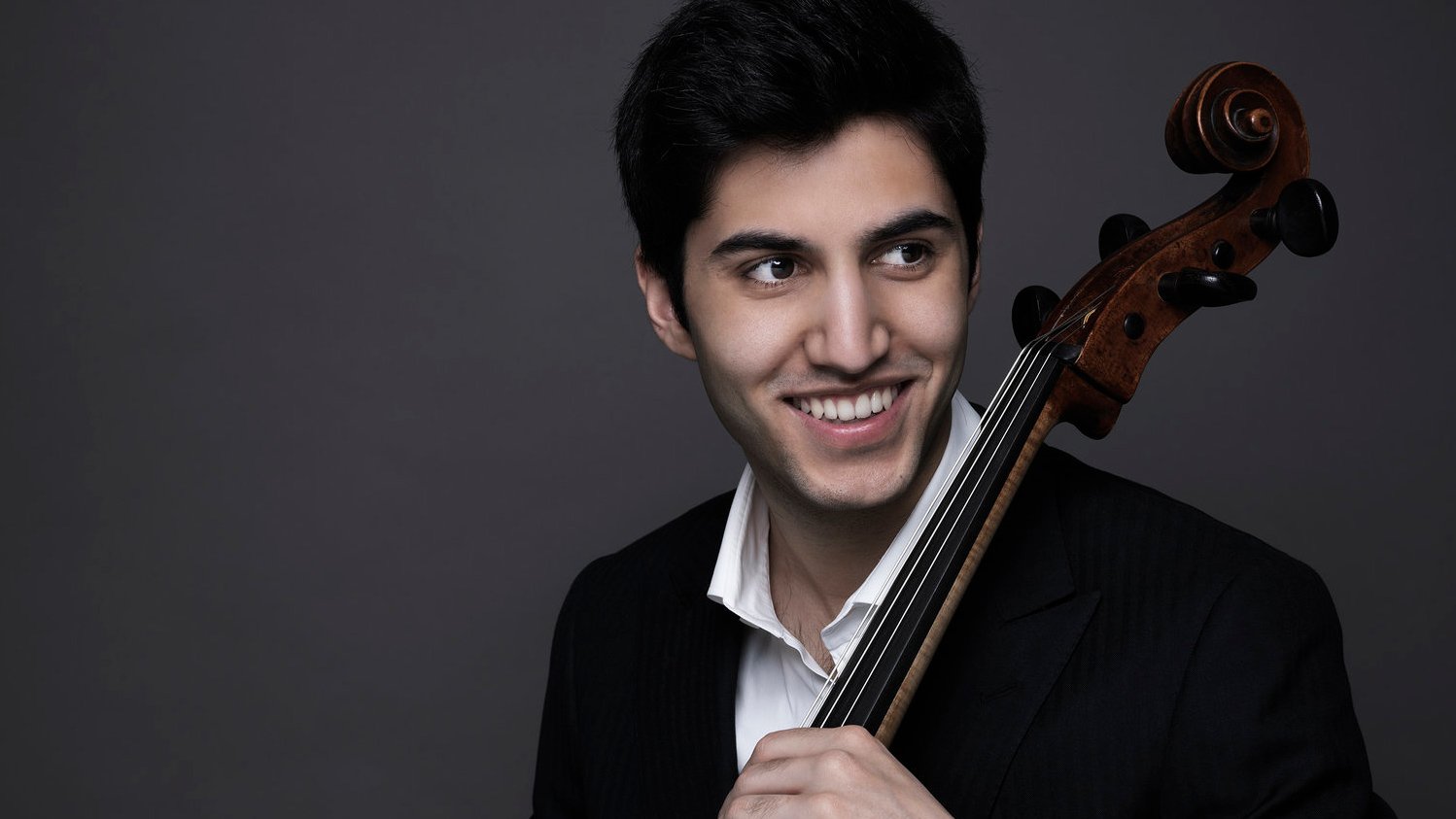
Kian Soltani (Photo: Juventino Mateo)
“I would not consider myself a composer at all,” says Kian Soltani, shortly after playing a piece of music that he composed called Persian Fire Dance. “I’m really a cellist first and foremost, but I try to be creative also.” Still in his 20s, Soltani, who was born in Austria to a family of professional musicians, has enjoyed a successful career that include stops at Carnegie Hall, the Royal Concertgebouw in Amsterdam, and the Vienna Konzerthaus, among a bevy of other hallowed concert halls. Yet he also wants to change the type of music performed in these spaces, and change the way that musicians play.
Excitedly, Soltani explains, “This is the first time in maybe the history of music that musicians are born and can listen to every piece and each kind of music that has ever existed. With one click. We have to take advantage of that. I think the most important thing, then, is to stay open and stay curious.” He adds “Like a sponge: take it all in and then squeeze it. Whatever remains is that distilled final product that relates to you.”
These aspects of artistic adventure and individualism are on display in Soltani’s own composition, Persian Fire Dance.
“With this particular piece,” Soltani explains, “it was really a brainstorm, an improvisation. Just having fun, playing and improvising.” Aside from the half-tone motive at the center of the work, he kept the piece very free.
“My parents are classical musicians, but they also make Persian music. So with this piece, I was kind of playfully bringing that world that I had heard to the cello. It’s really a blend, a mixture of my personality with the classical influences, even the rock music that I was listening to when I wrote the piece. Most of all, I think it represents a little bit of my world and my personality.”
This strong emphasis on personalization and identity is not restricted to pieces that Soltani wrote. Even in performing classic repertoire, like Bach’s cello suites, he asserts that “everyone should discover the music for themselves.” He explains, “I think that is the characteristic of a genius masterpiece, is when it works for everyone. Everyone can find something in it.”
He goes on, “So I don’t try to compare myself with anyone who has played the piece before. As long as you present truthfully what you feel is the intention of the composer, I think you cannot go wrong.”

